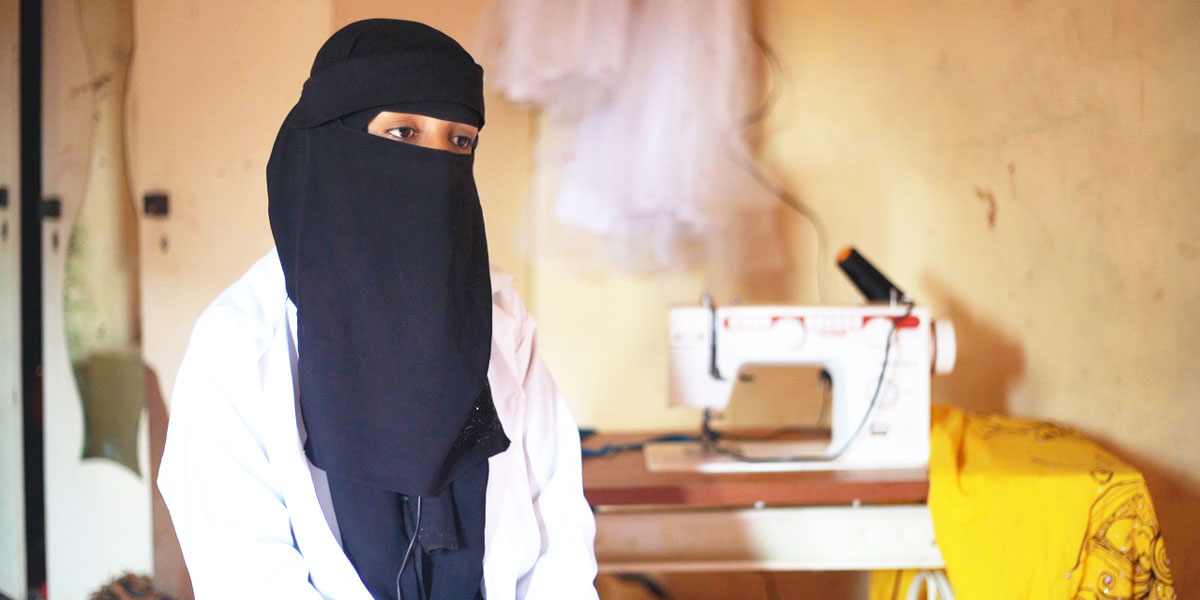ILO Validation Study of High Demand Occupations for Informal Apprenticeship

Project Background
Enhanced Rural Resilience in Yemen (ERRY) is a joint program implemented by the ILO, FAO, WFP
One of the key outcomes of ERRY project is to build the institutional capacities of local actors and strengthen partnership of the private sector to enhance economic recovery. To achieve this, the ILO is expected to undertake the following activities:
- Support the upgrading of informal apprenticeships in Yemen through improving the training provision, workplace environment and productivity of small business-linked with the training providers.
- Enable the national partners to deliver non-financial business development services such as training and coaching among others to potential business start-ups (a special will be place on women, youth and IDPs to ensure better integration within the target governorates).
- Provide technical support to the Social Fund for Development (SFD) to develop of post Cash for Work services, through design, piloting graduation packages.
ILO objectives
This assignment was conducted to ensure and validate the suggested list of new occupations. The validation study effort is for expansion of the upgraded informal apprenticeship program. The geographical coverage was in the targeted governorates:
Validation Study Sample Size
The study total sample size was 170 participants from Zungubar (Abyan), Bajil (Hodeidah), Abs (Hajjah), and Tibn (Lahj). Participants were split between men and women from different ages that included community members; professionals; students and teachers; local authority including governors, directors of related institutions, and local councils; minorities of IDPs and disables; and CSOs. The validation study was conducted during April of 2018.
